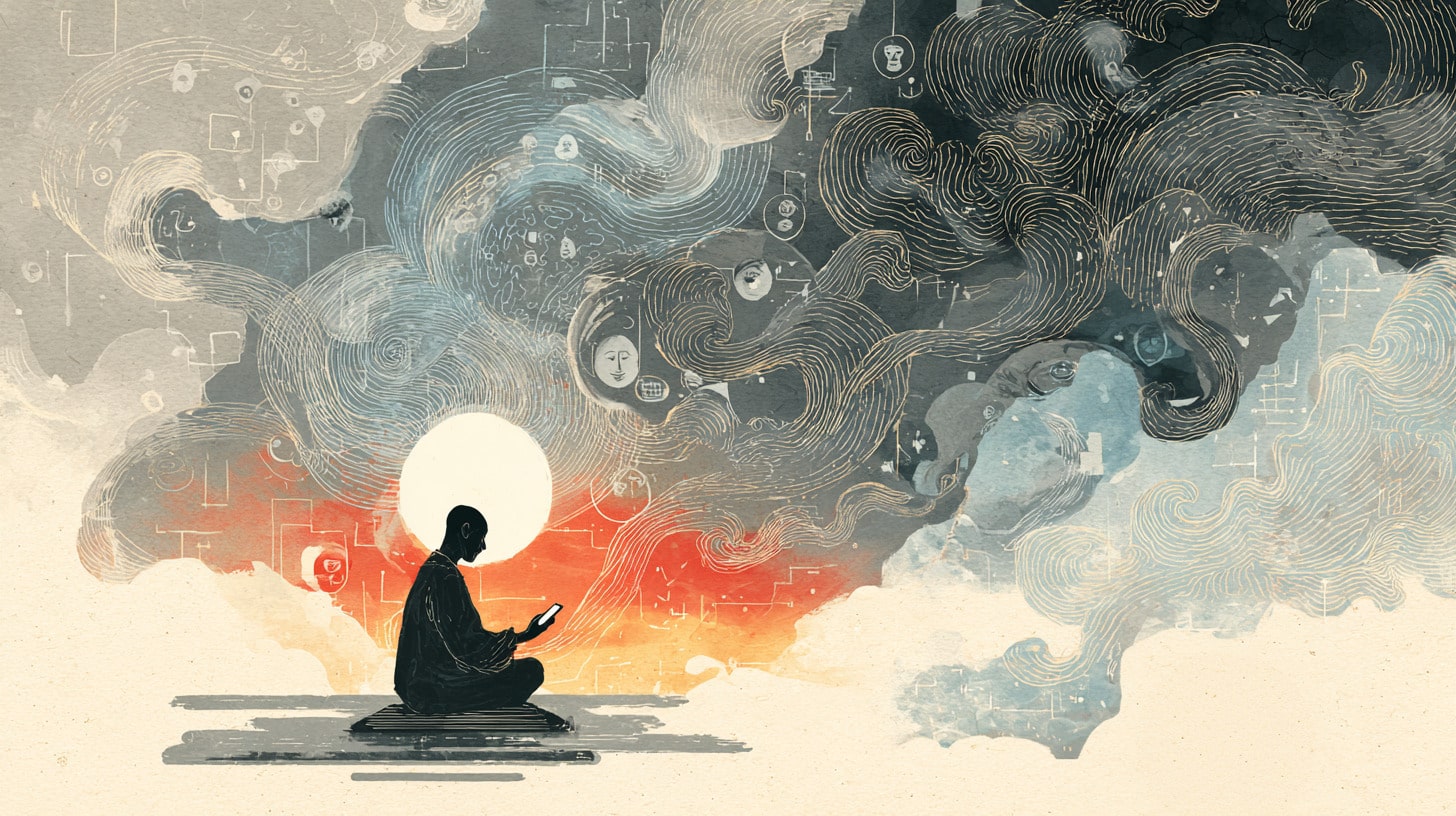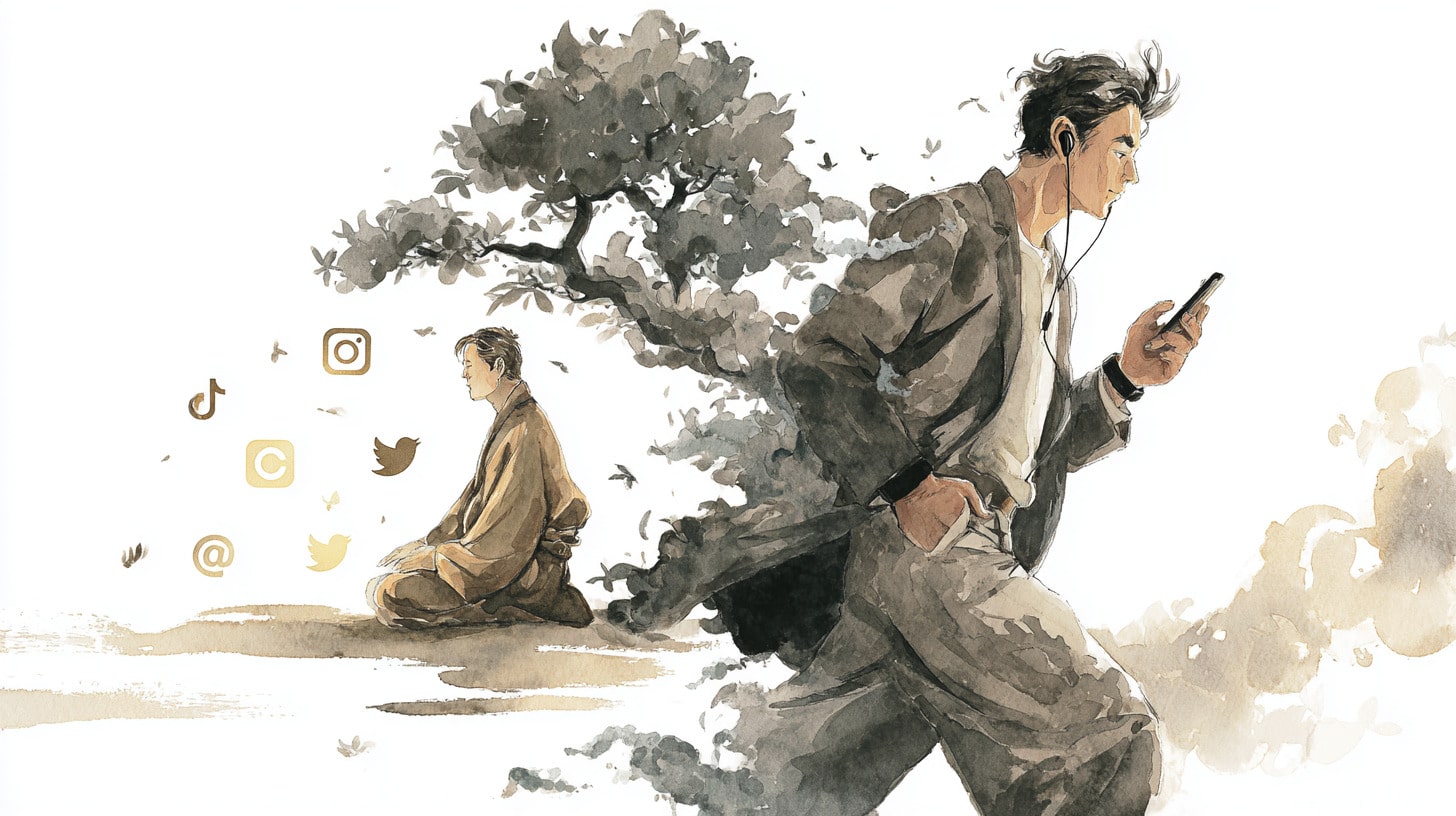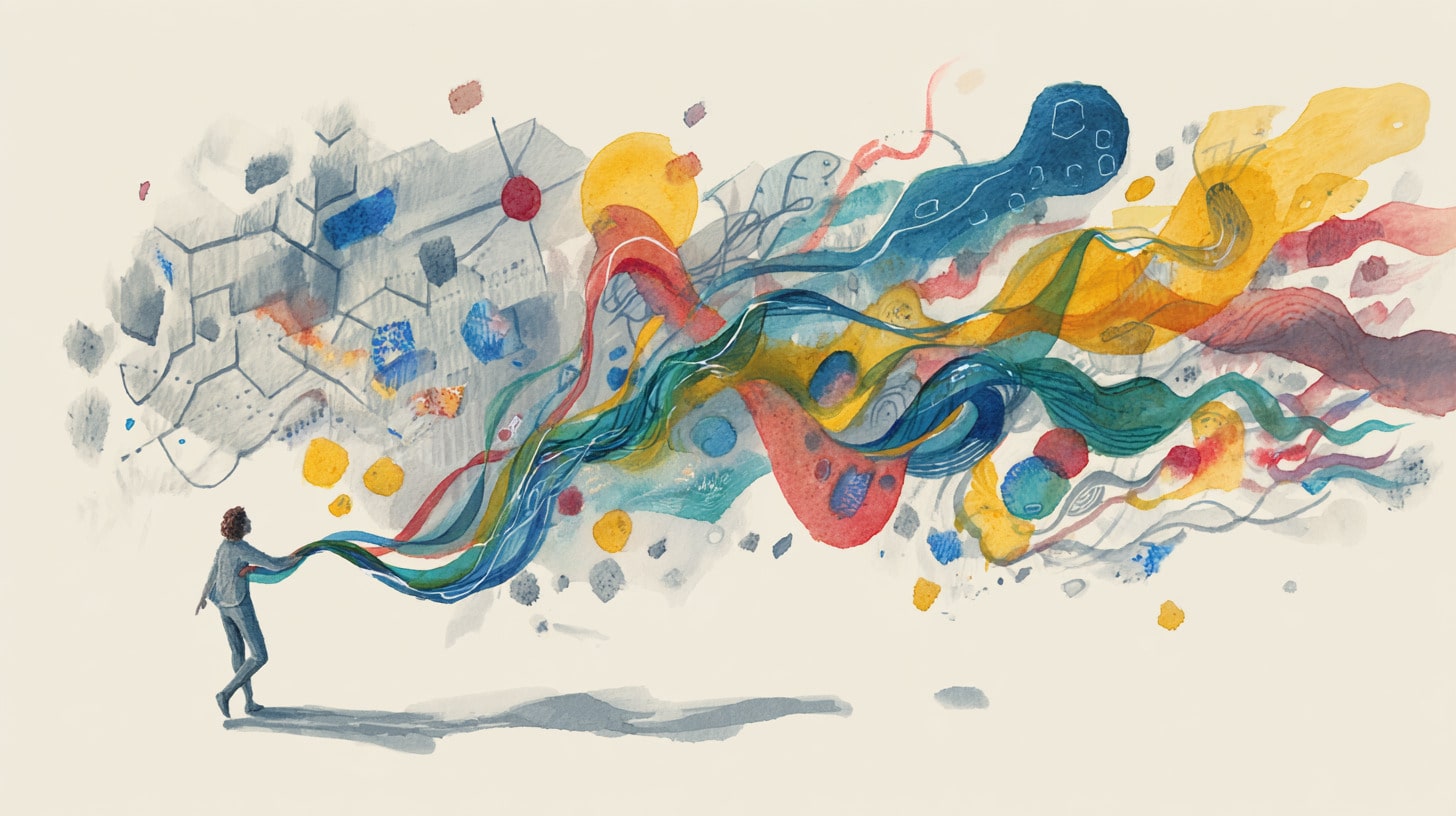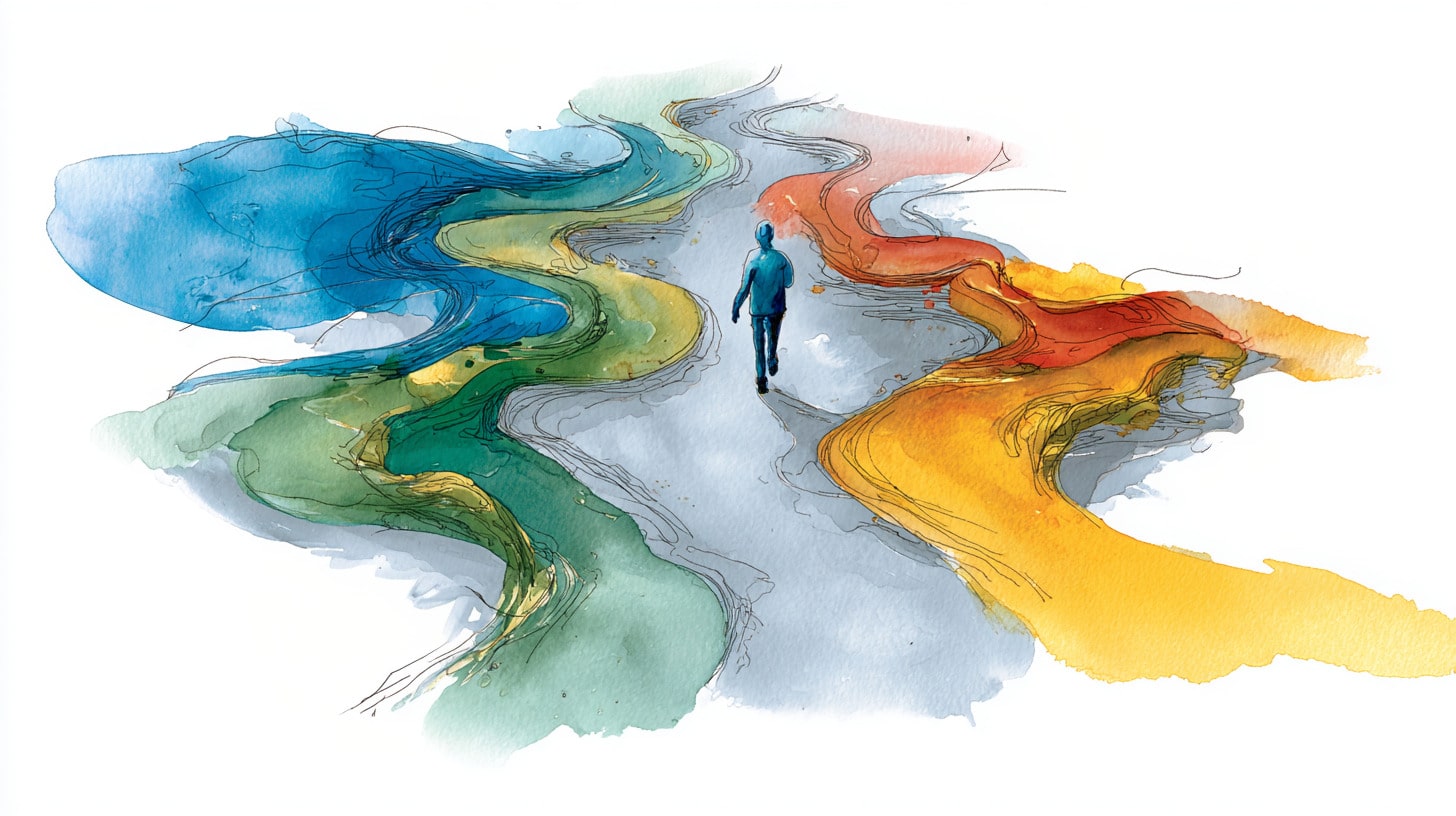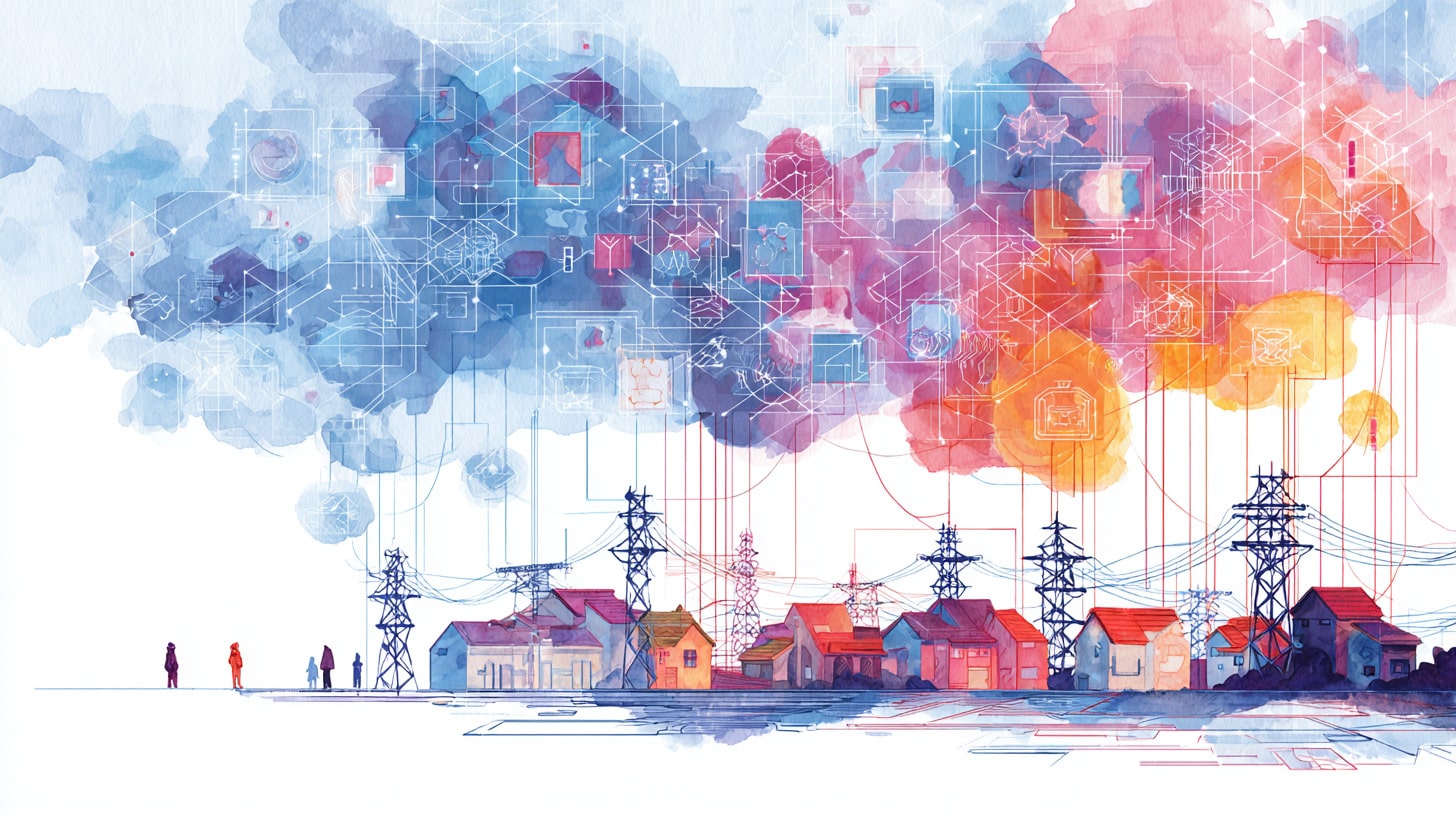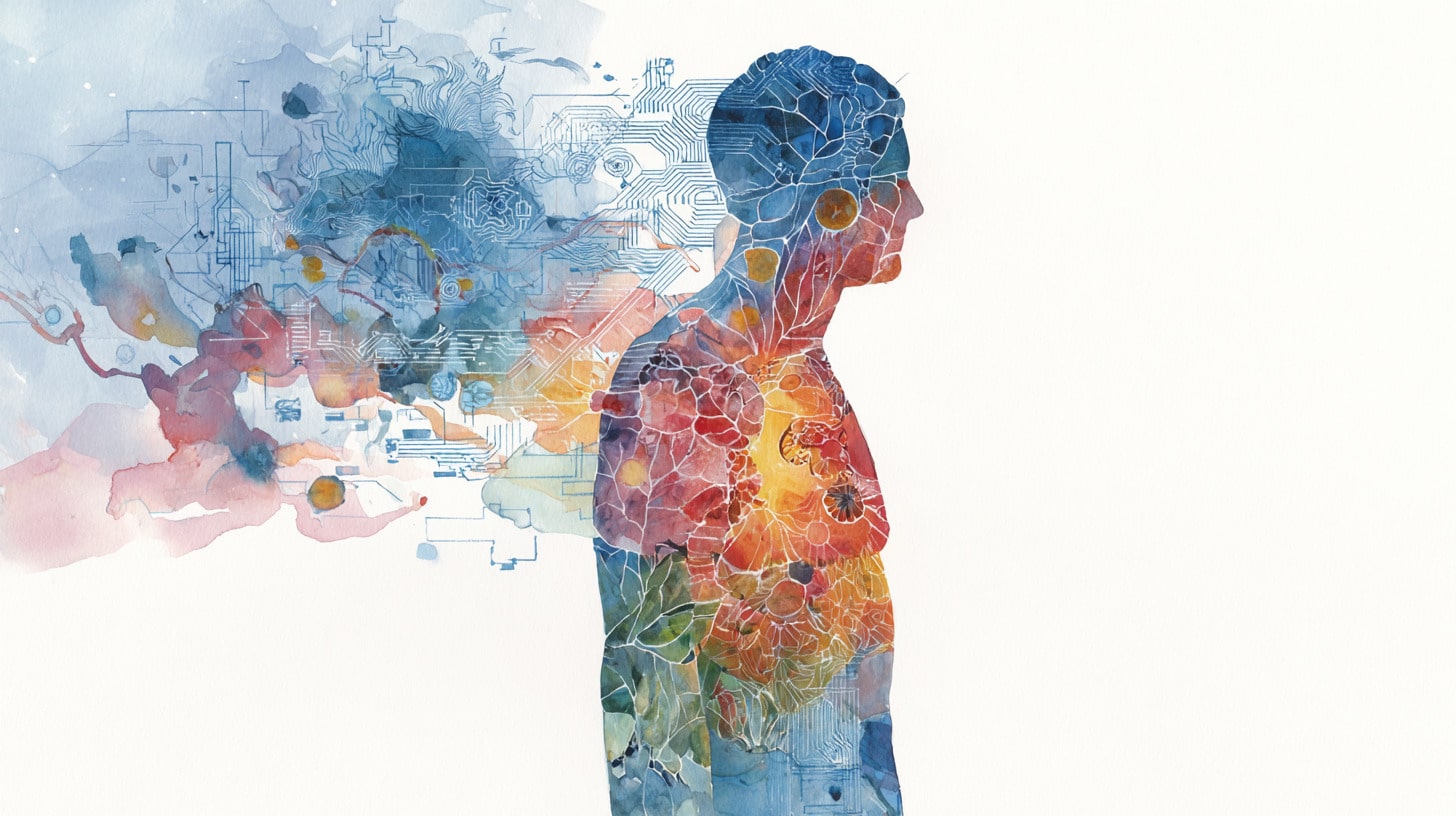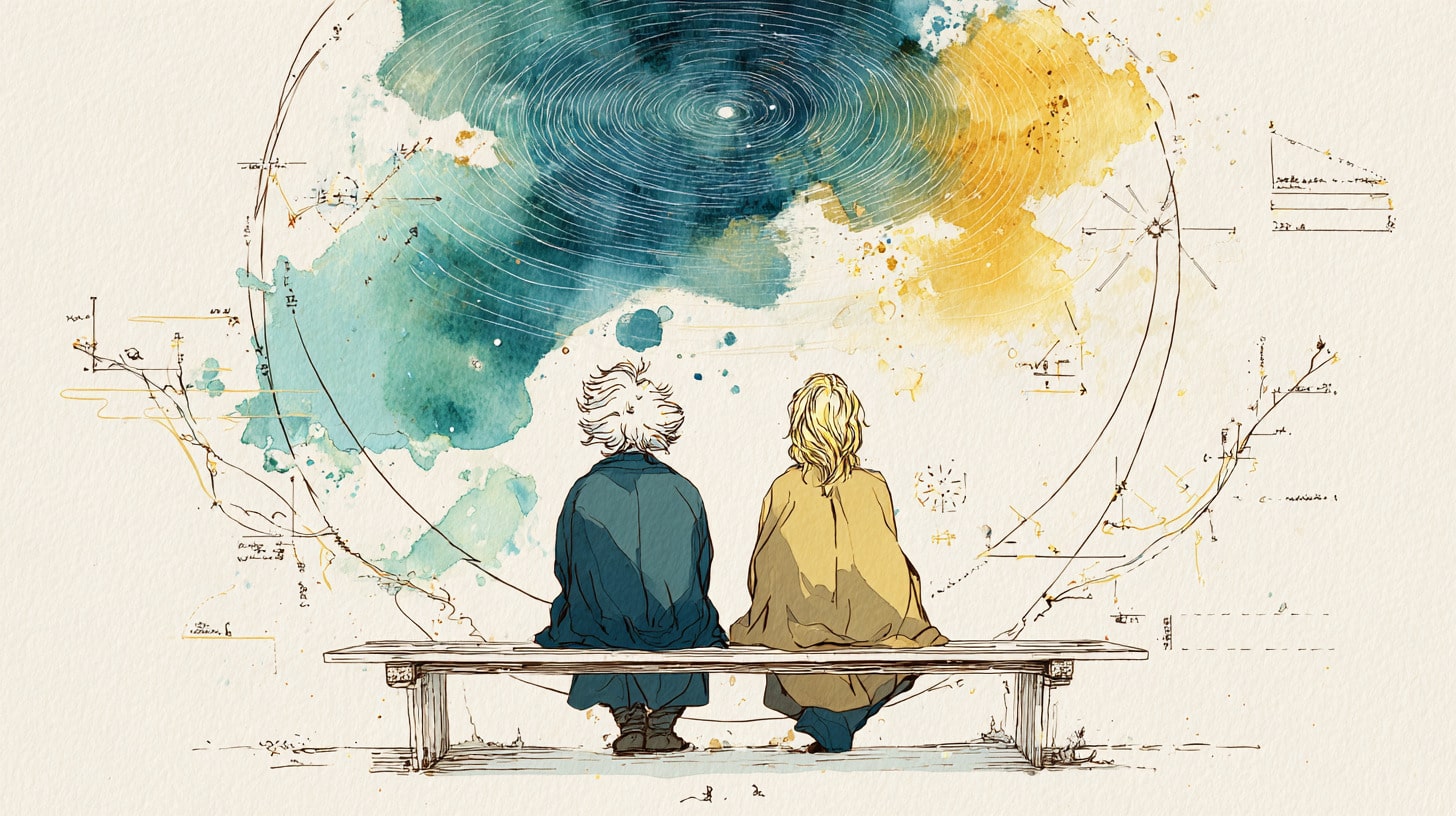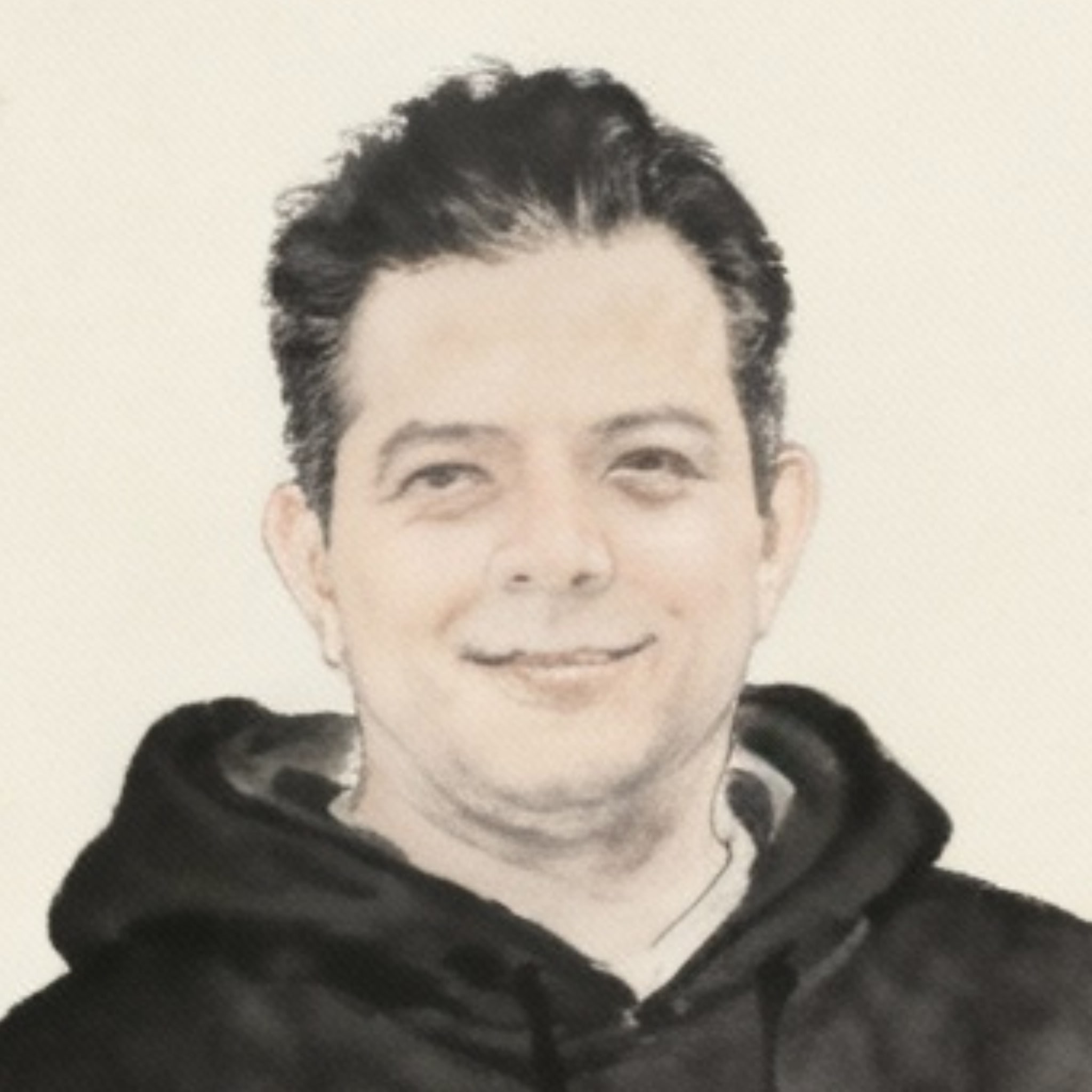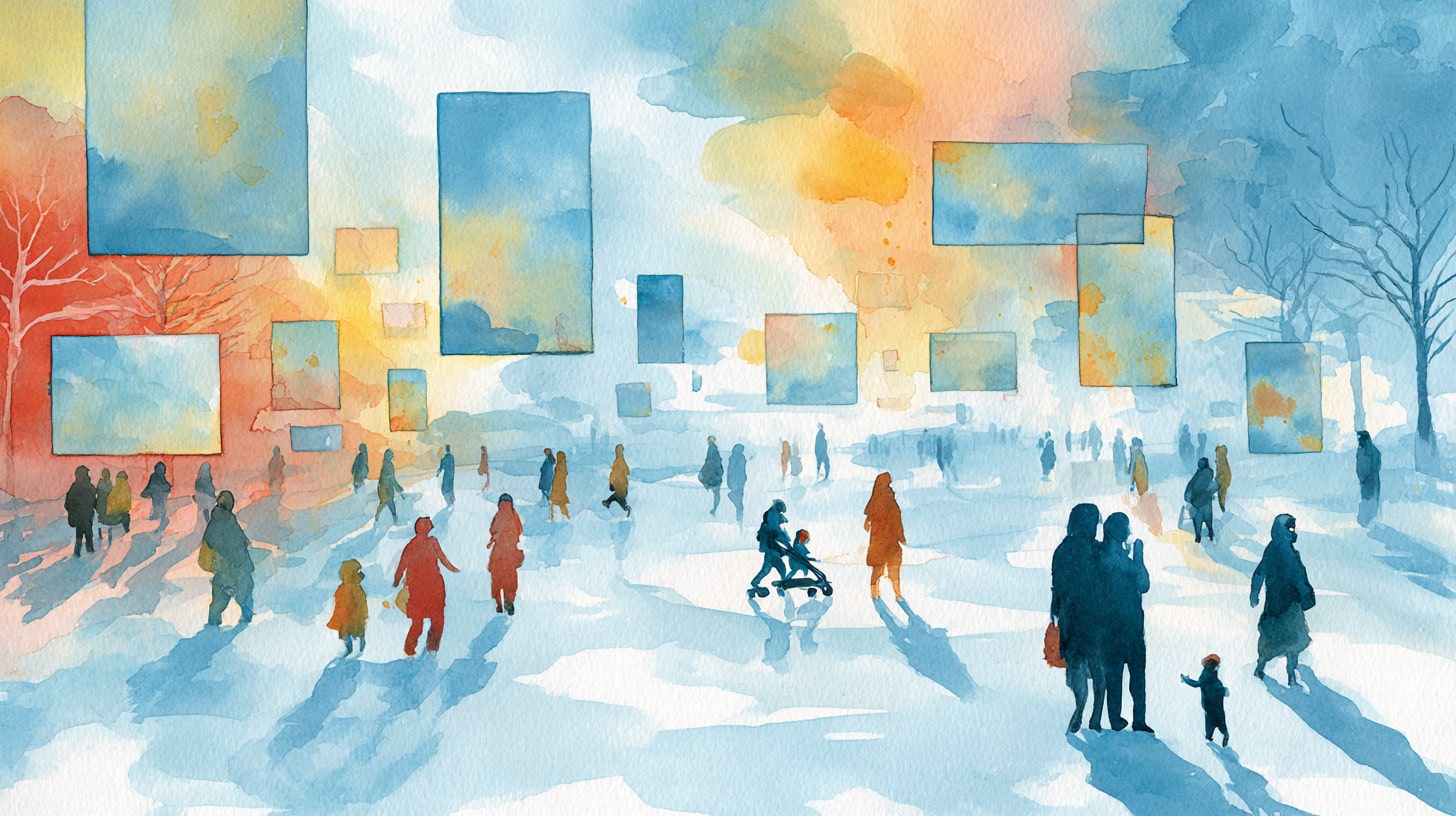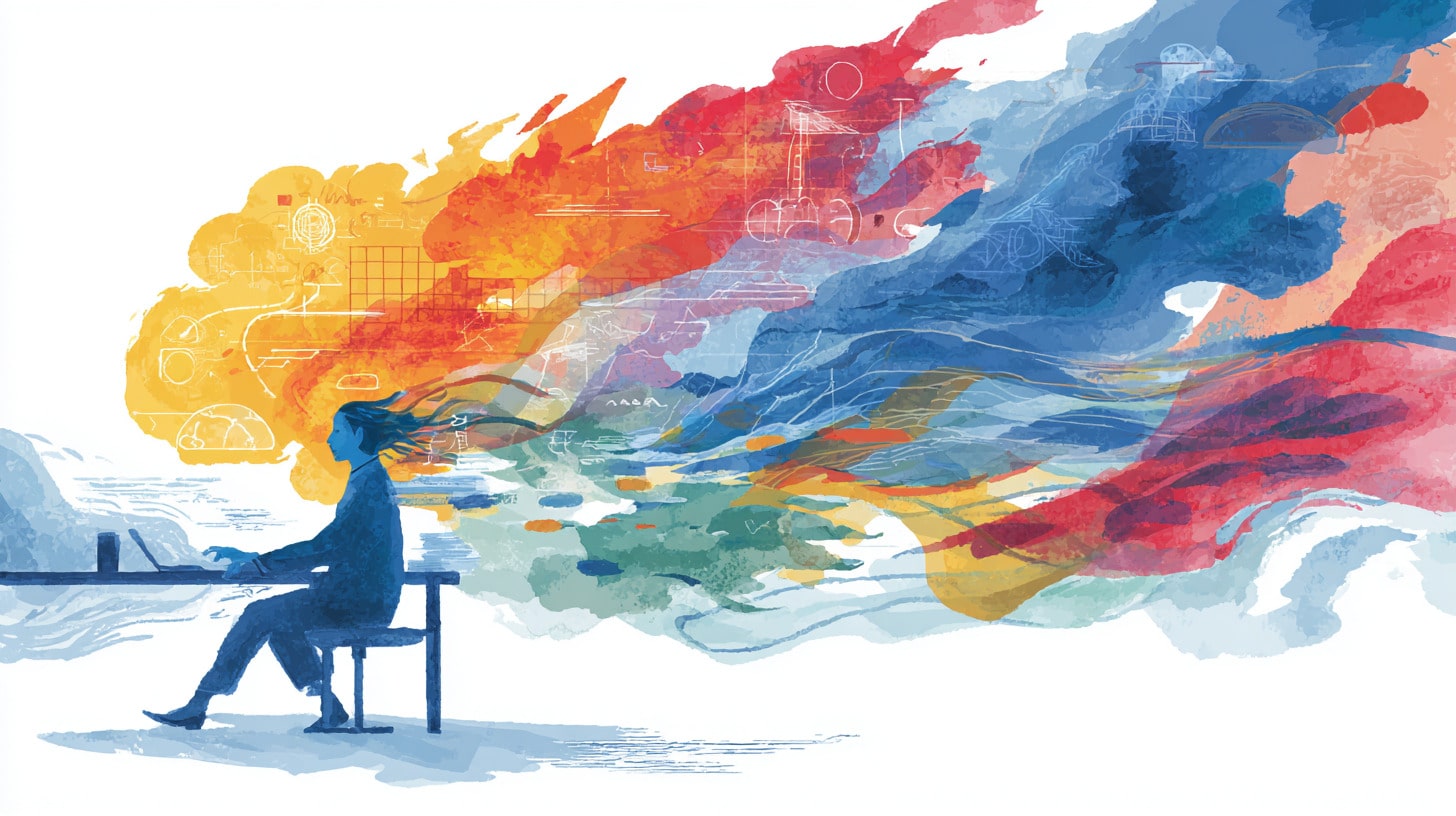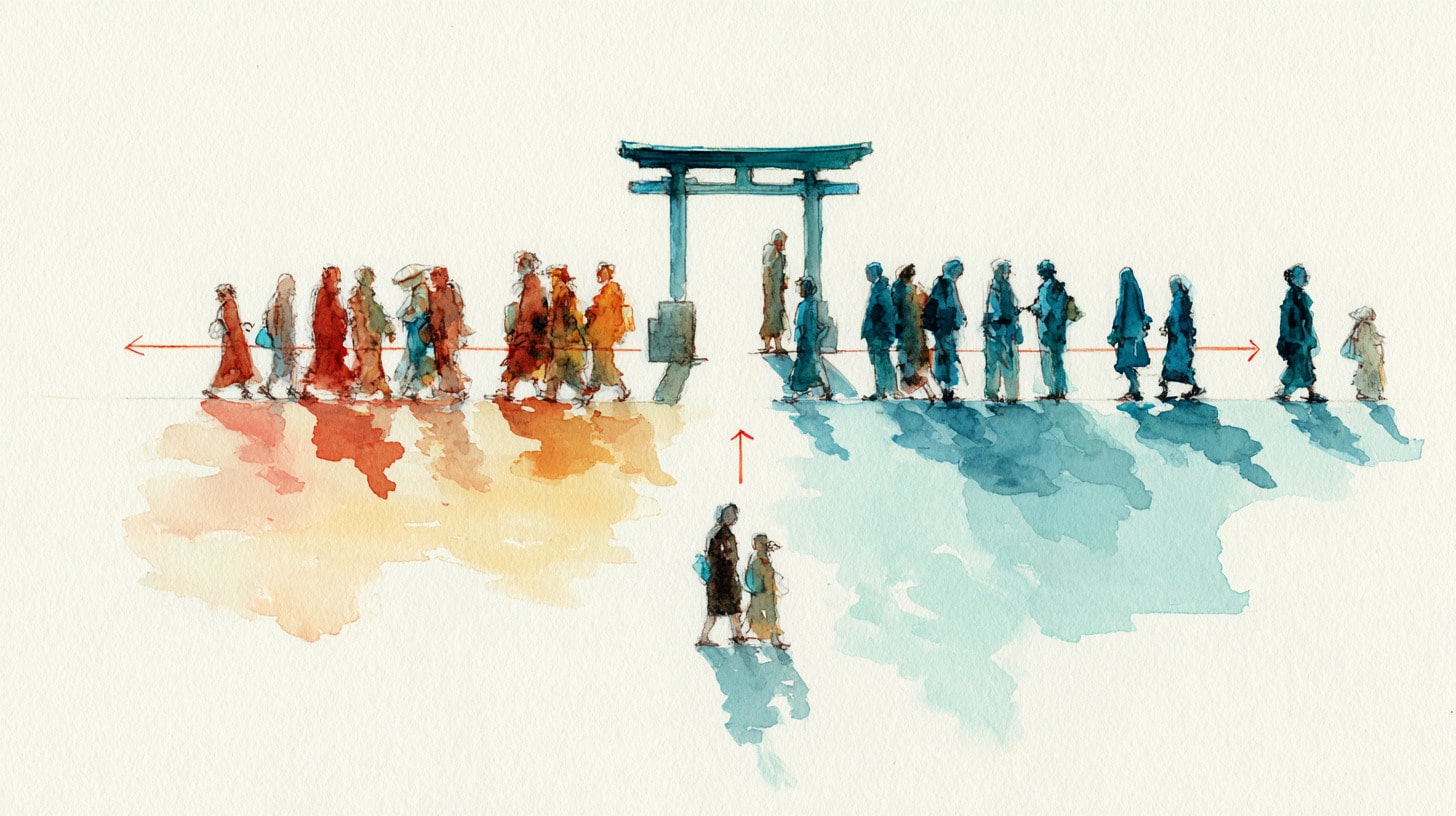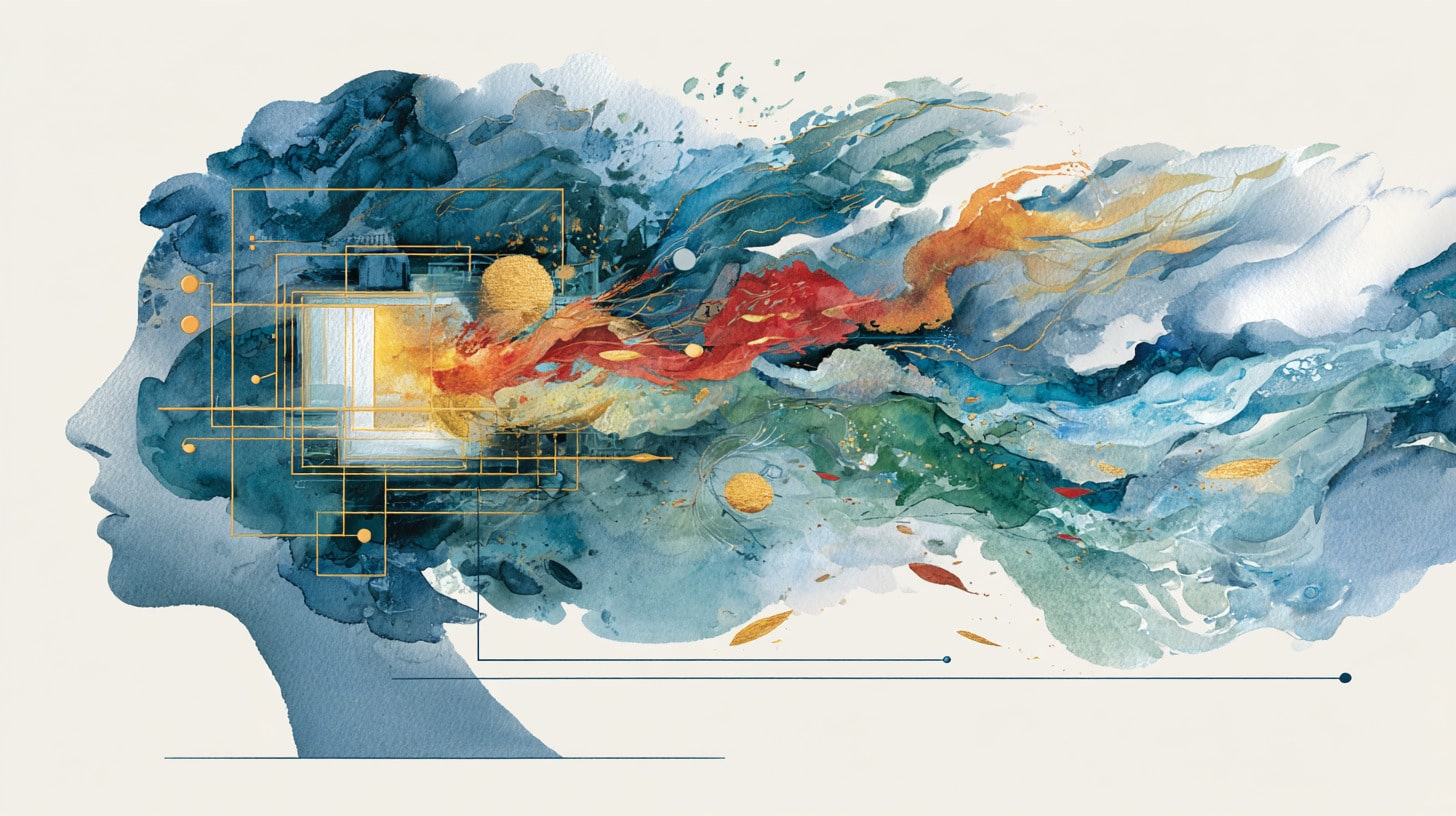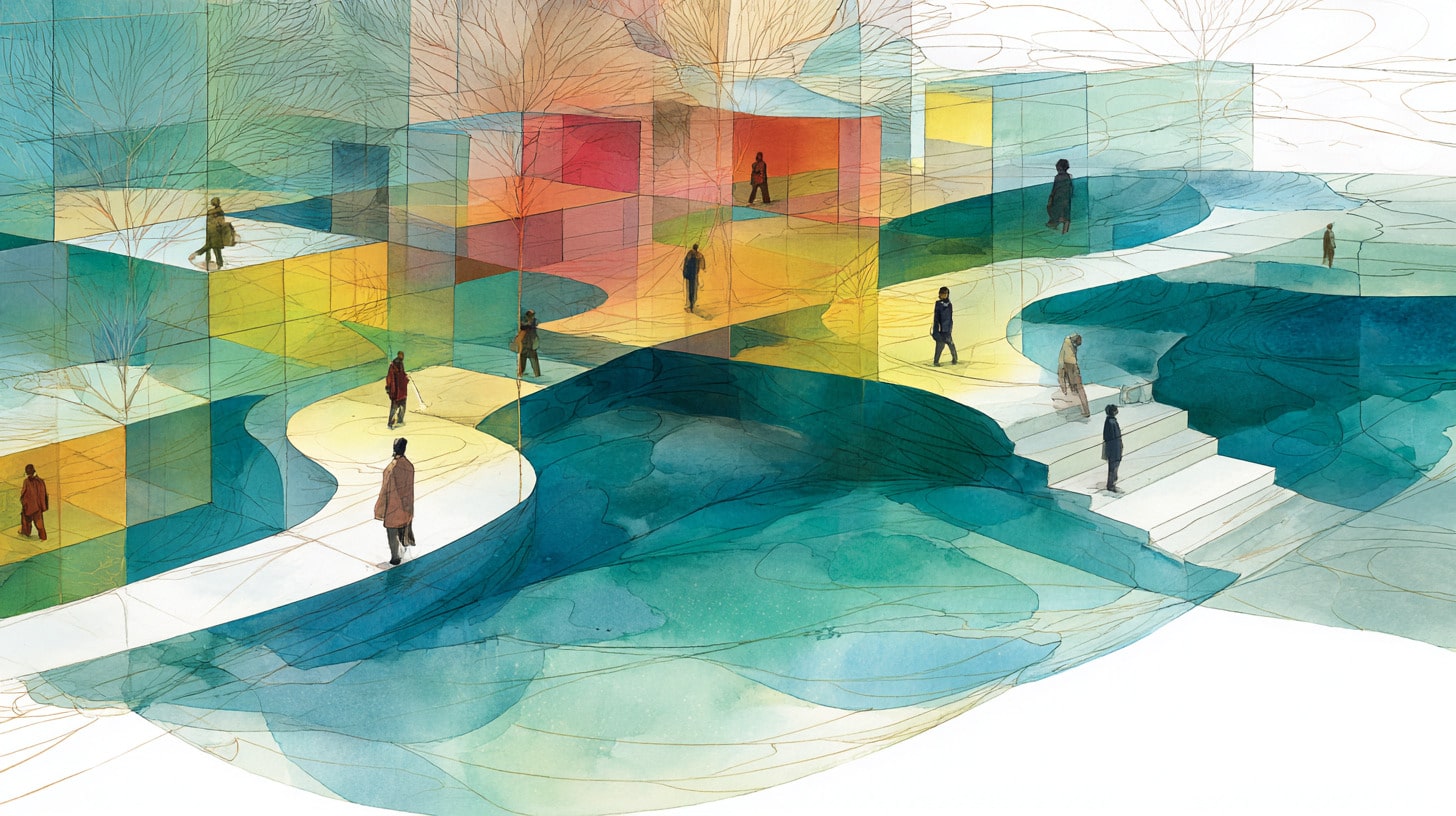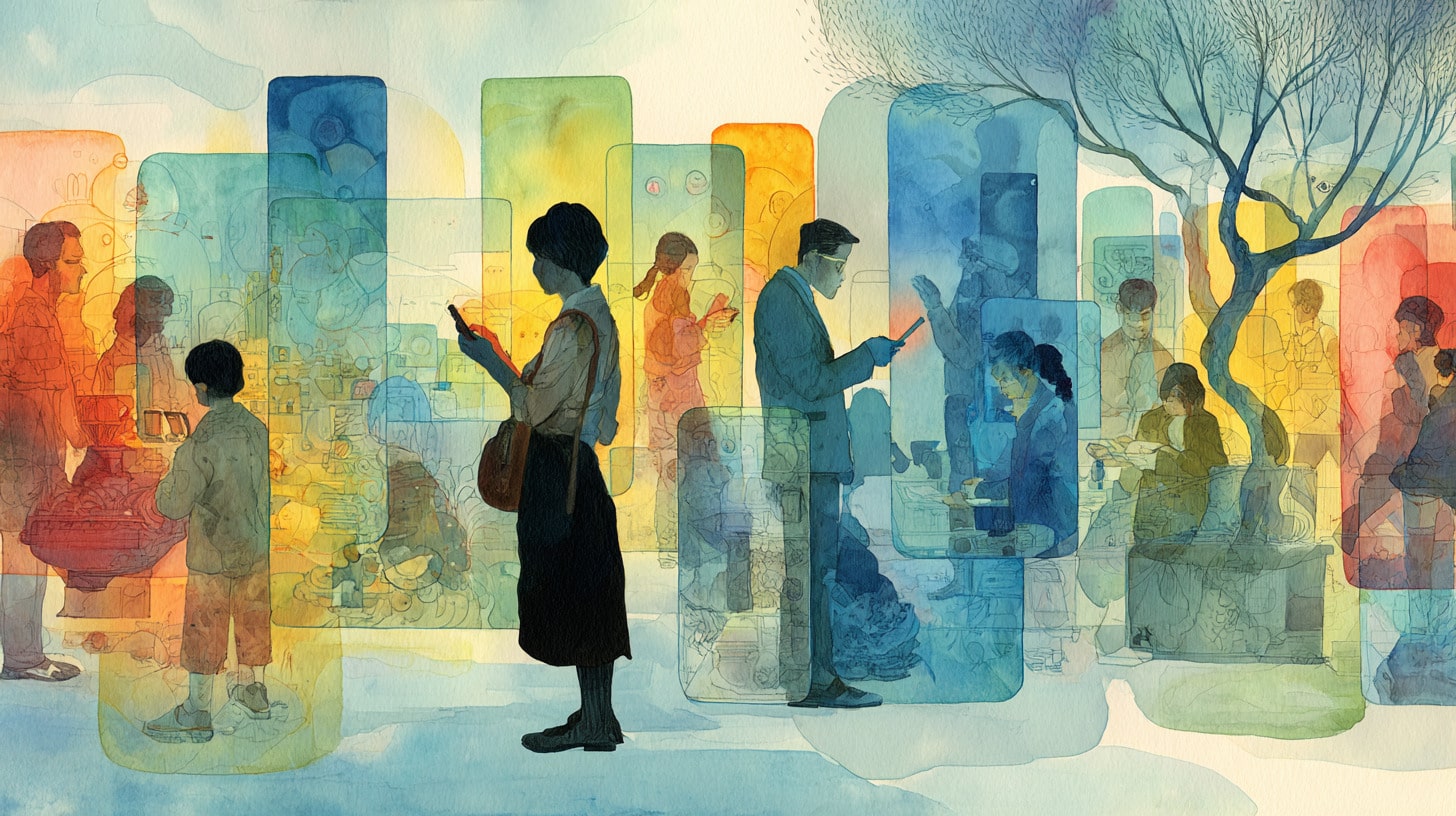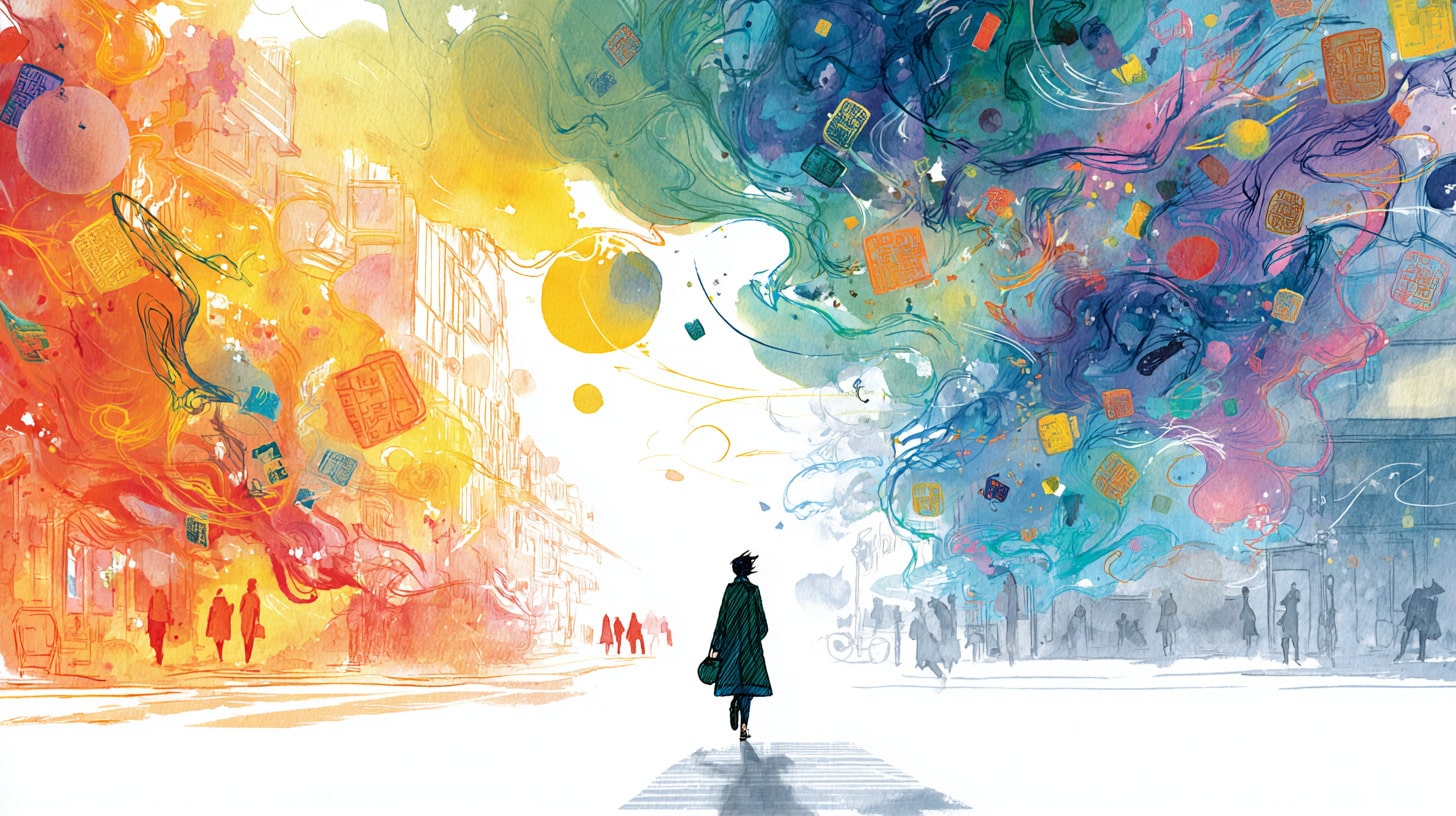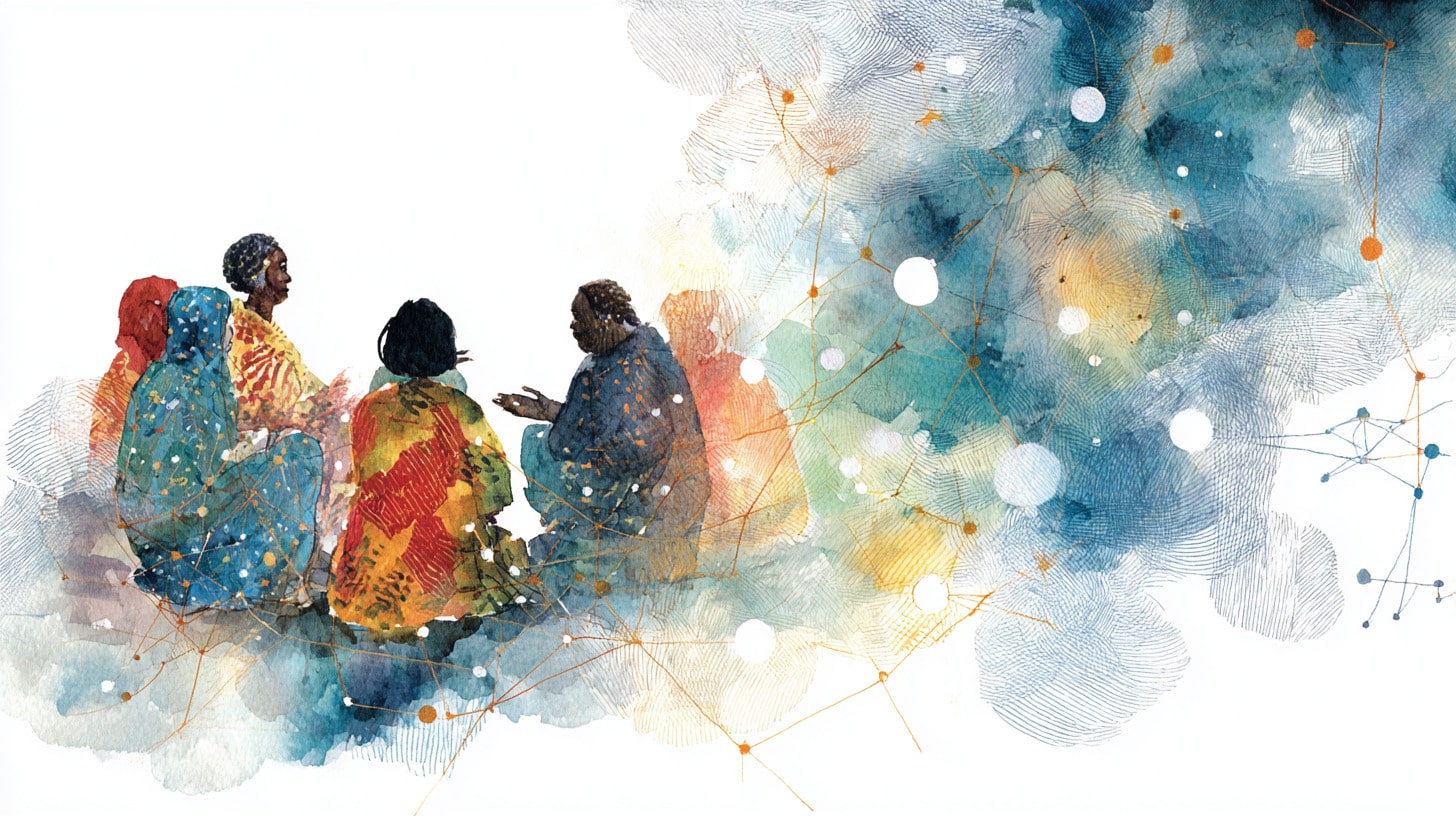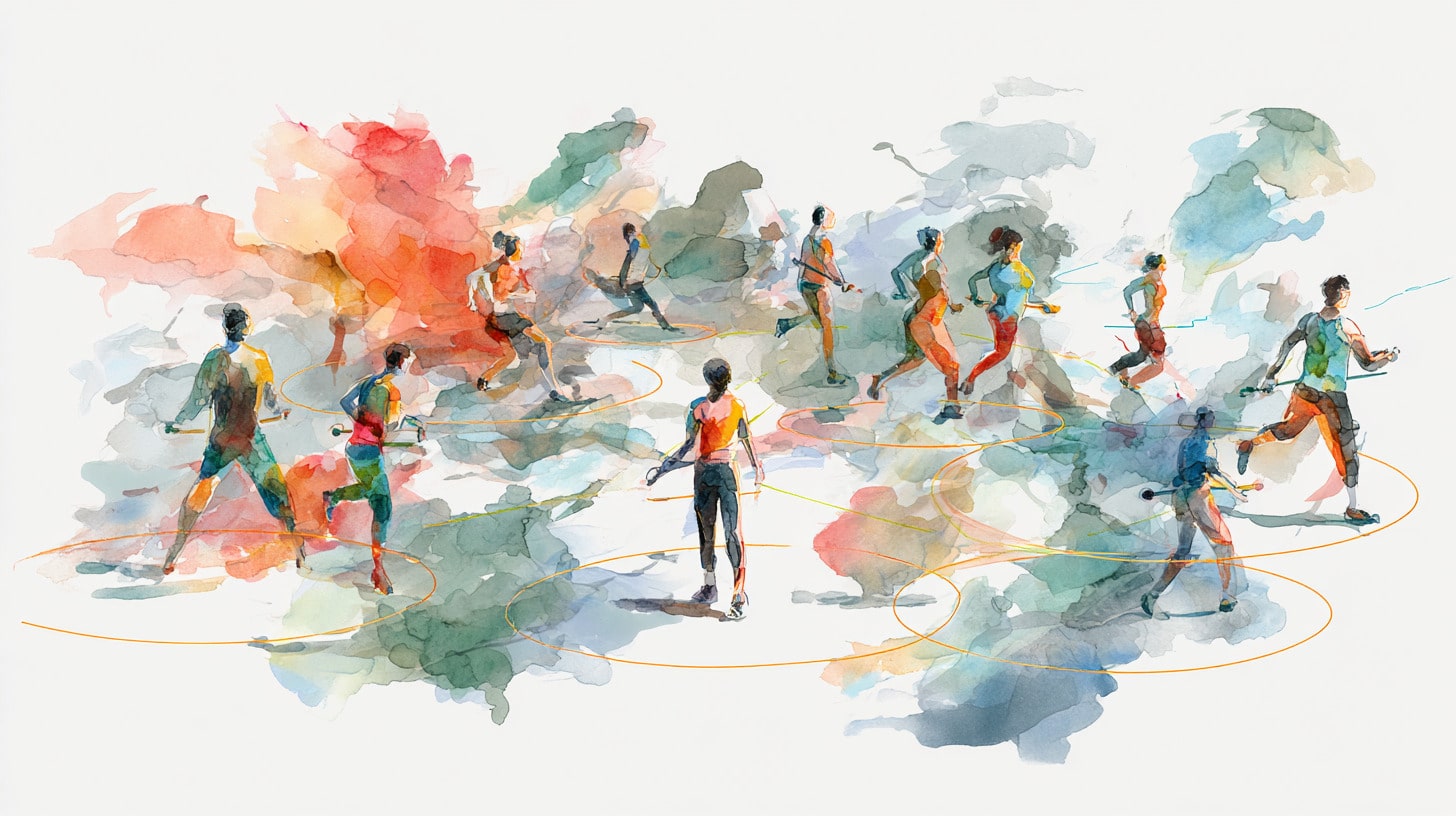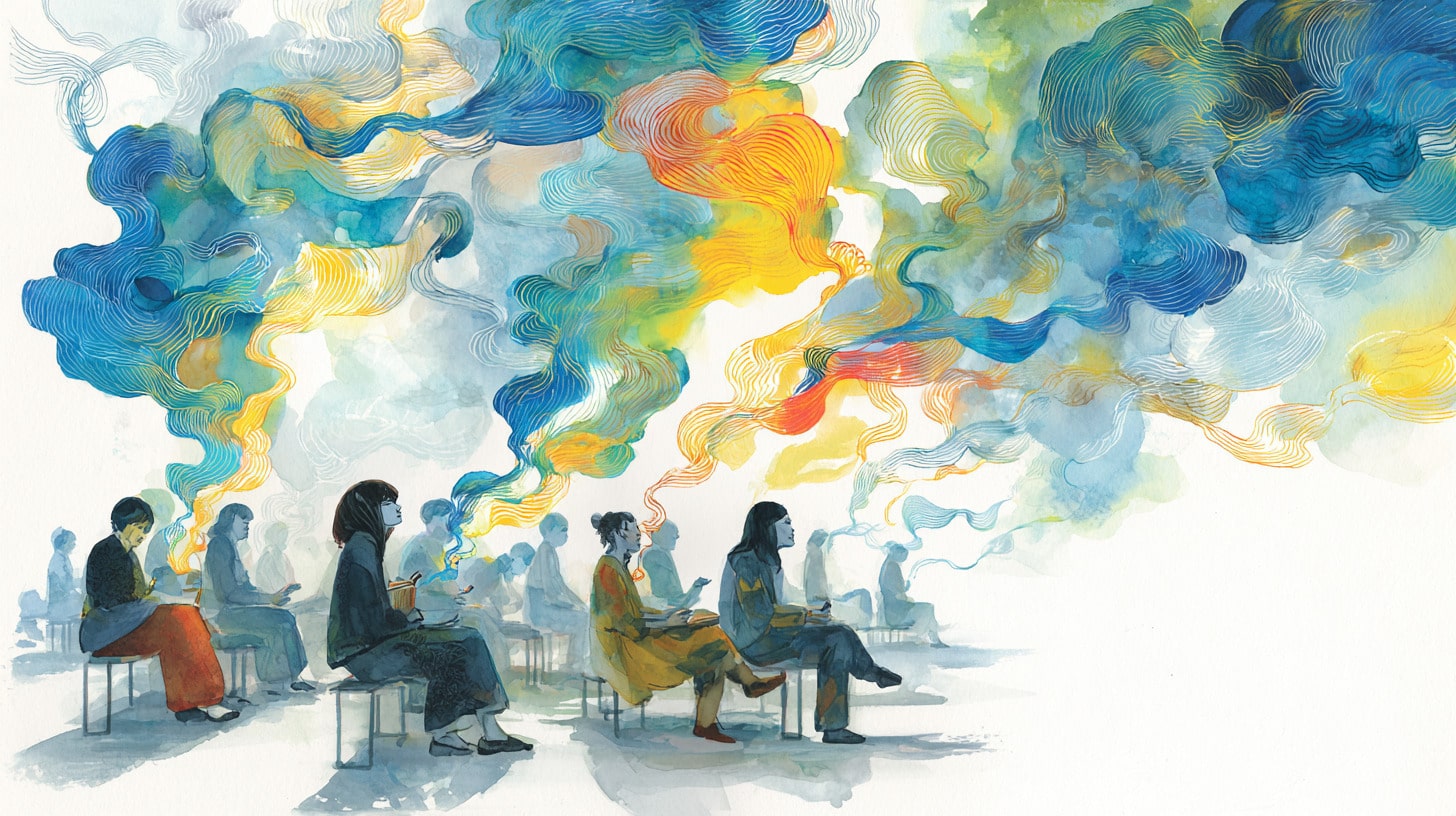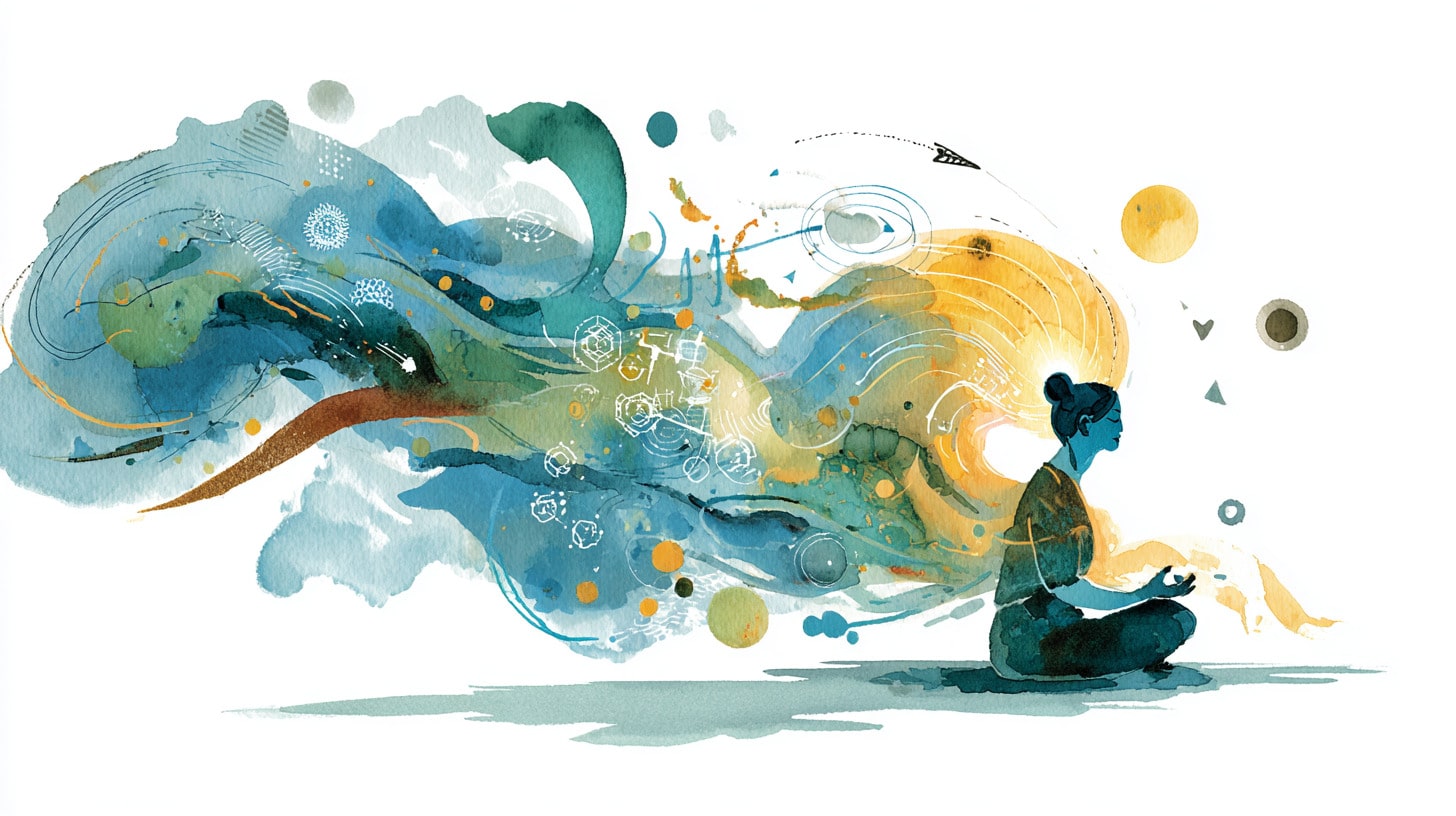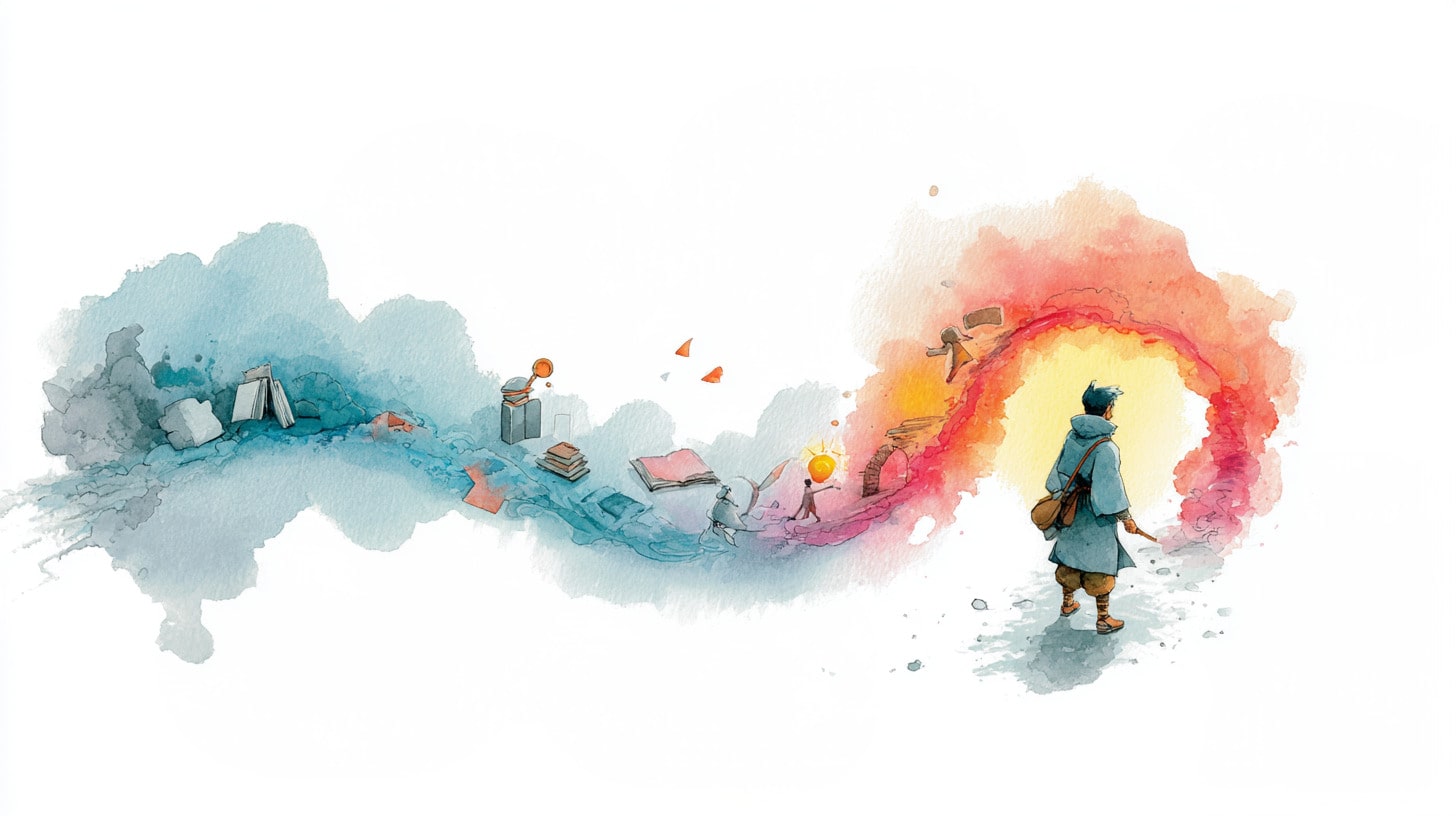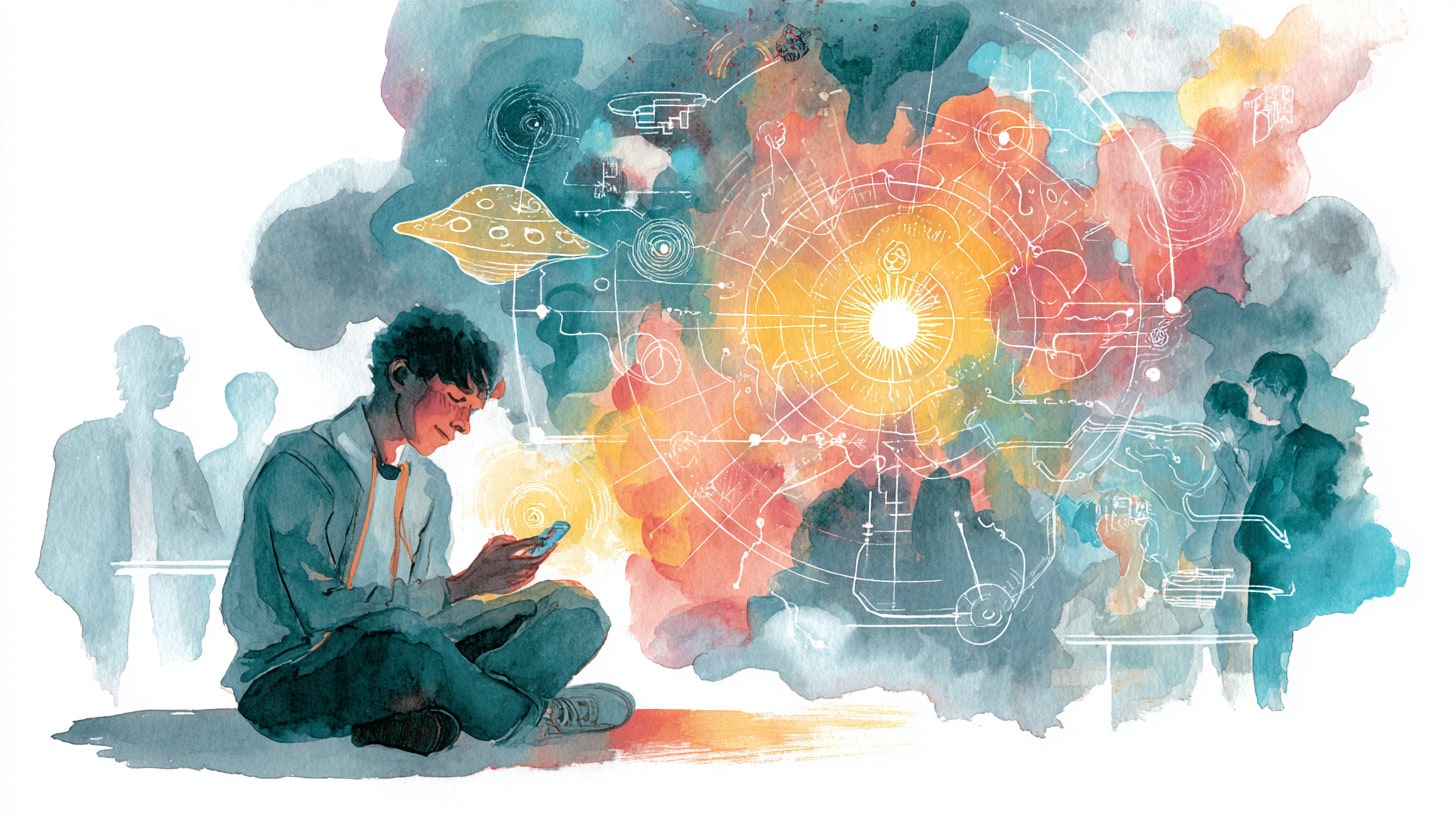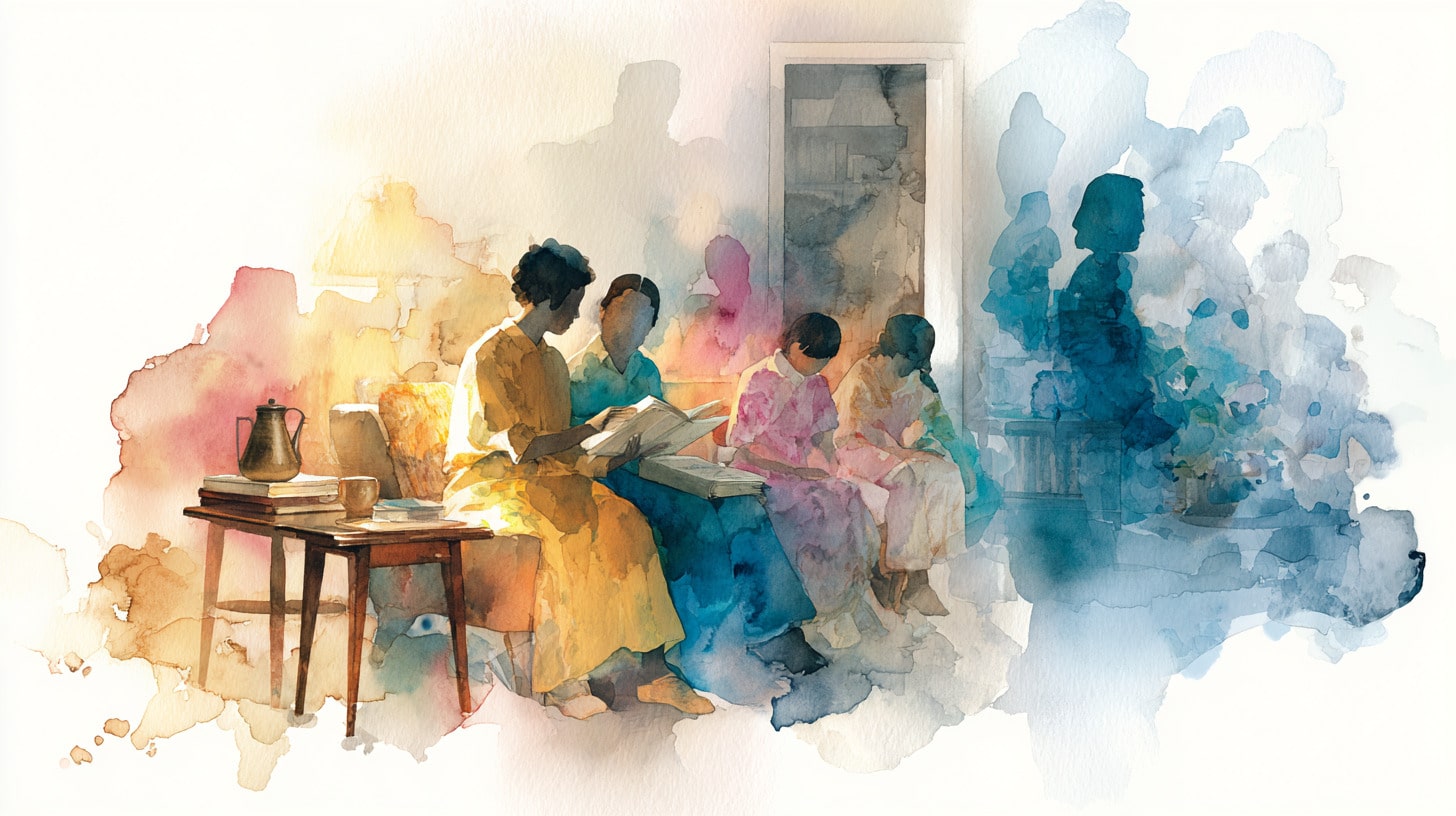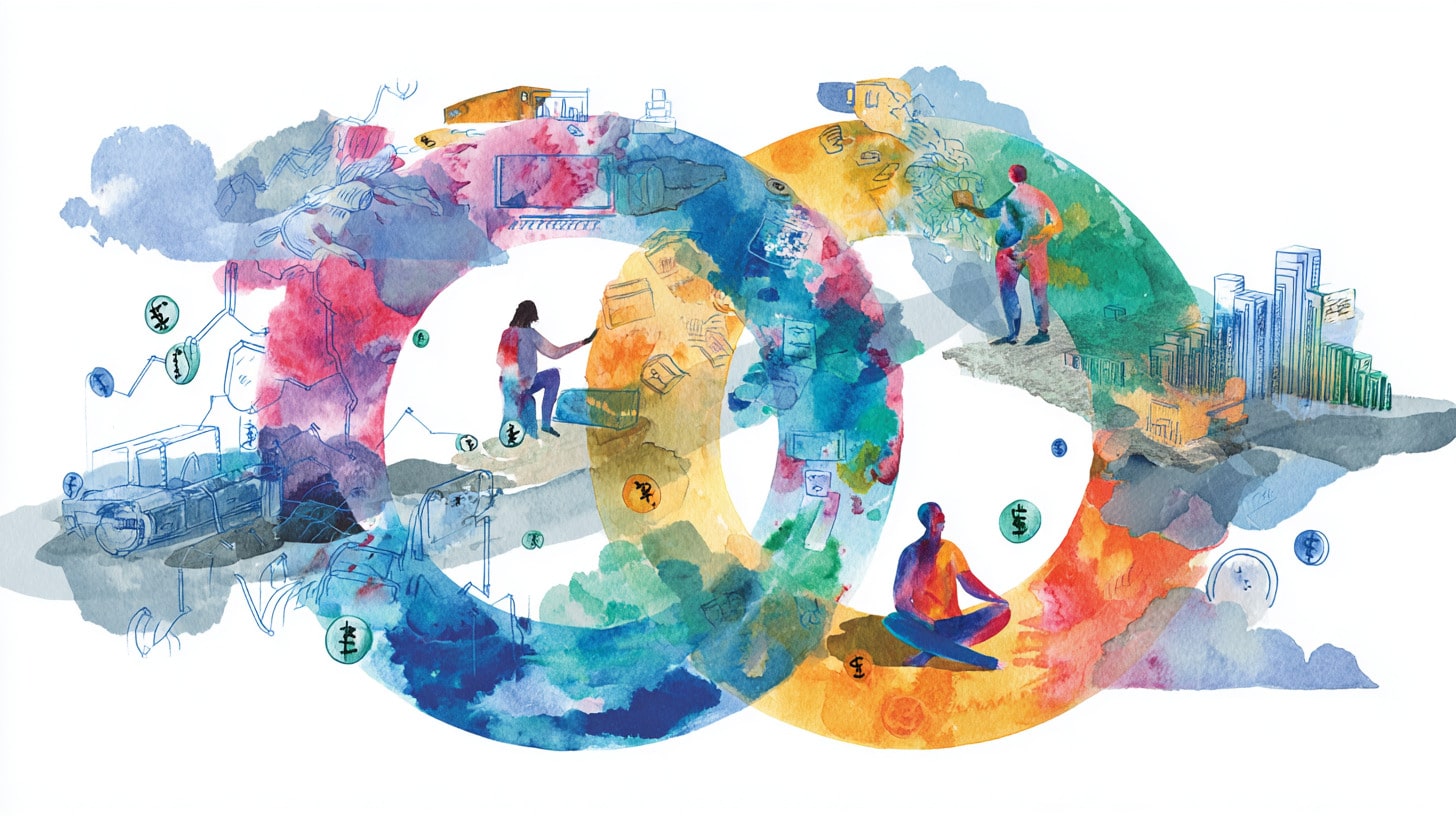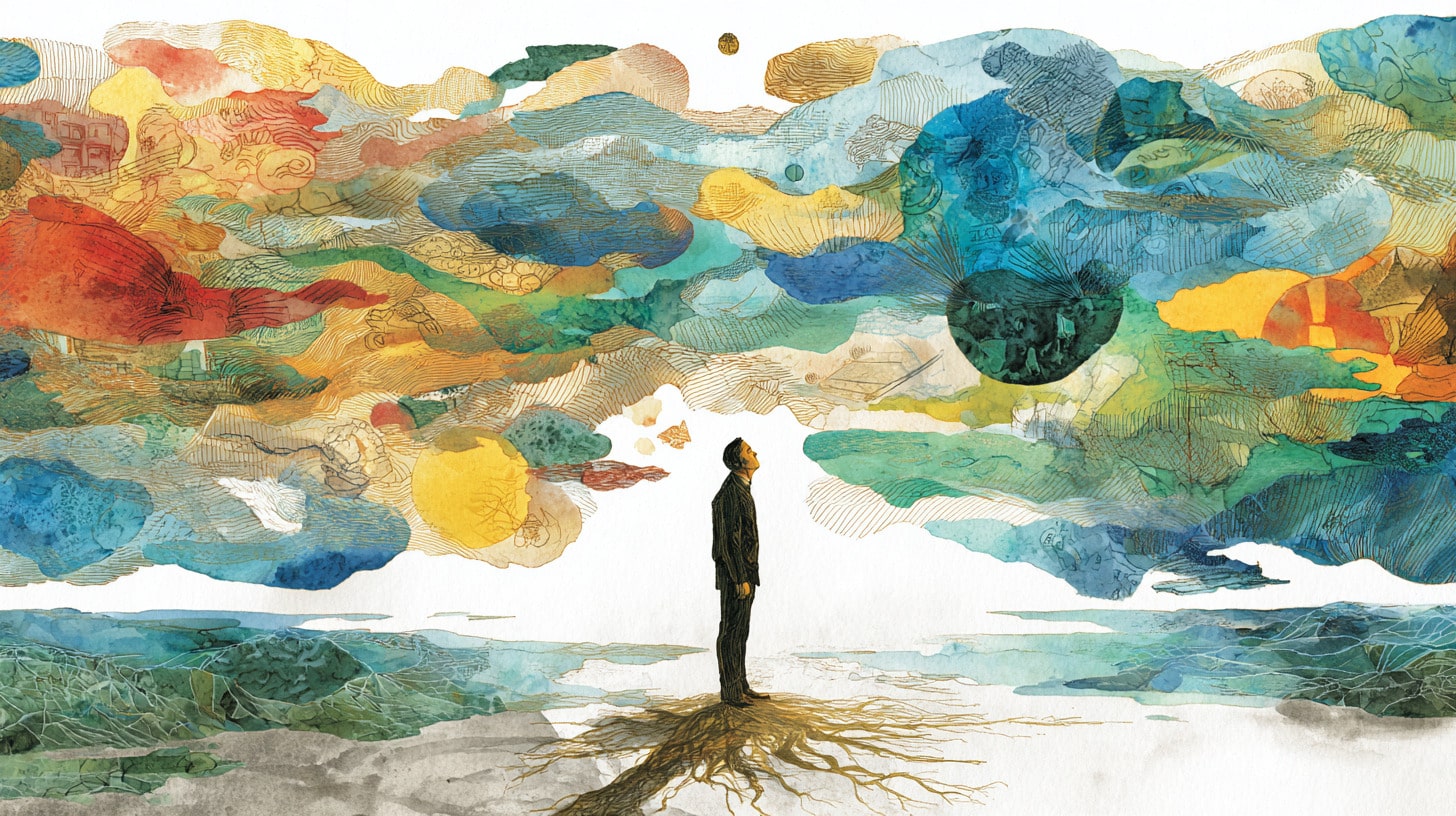
How Our Fictions Shape Our World
Human beings do not live only in physical reality; we live inside stories, and those stories often shape our behavior more powerfully than facts or nature itself. Money, nations, laws, identities, and political movements exist because we collectively believe in shared fictions, and once those fictions become tied to belonging and identity, people defend them fiercely, sometimes more fiercely than their own long-term survival. Politics, in particular, operates as storytelling at scale, competing narratives that simplify complexity, assign heroes and enemies, and offer emotional clarity faster than truth ever can. This is not because people are irrational, but because humans are meaning-driven creatures who cooperate through shared myths. The danger appears when we forget that these stories are human-made. When stories harden into unquestionable reality, they become cages that block nuance, empathy, and learning. Storytelling itself is not the problem; it is one of our greatest human capacities. The real skill today is story awareness, the ability to recognize which narratives we are living inside, who benefits from them, and what they leave out. Holding stories lightly allows conviction without fanaticism, belonging without hostility, and meaning without blindness. In a world where narratives now spread at machine speed, wisdom lies not only in telling better stories, but in remembering that they are stories at all.
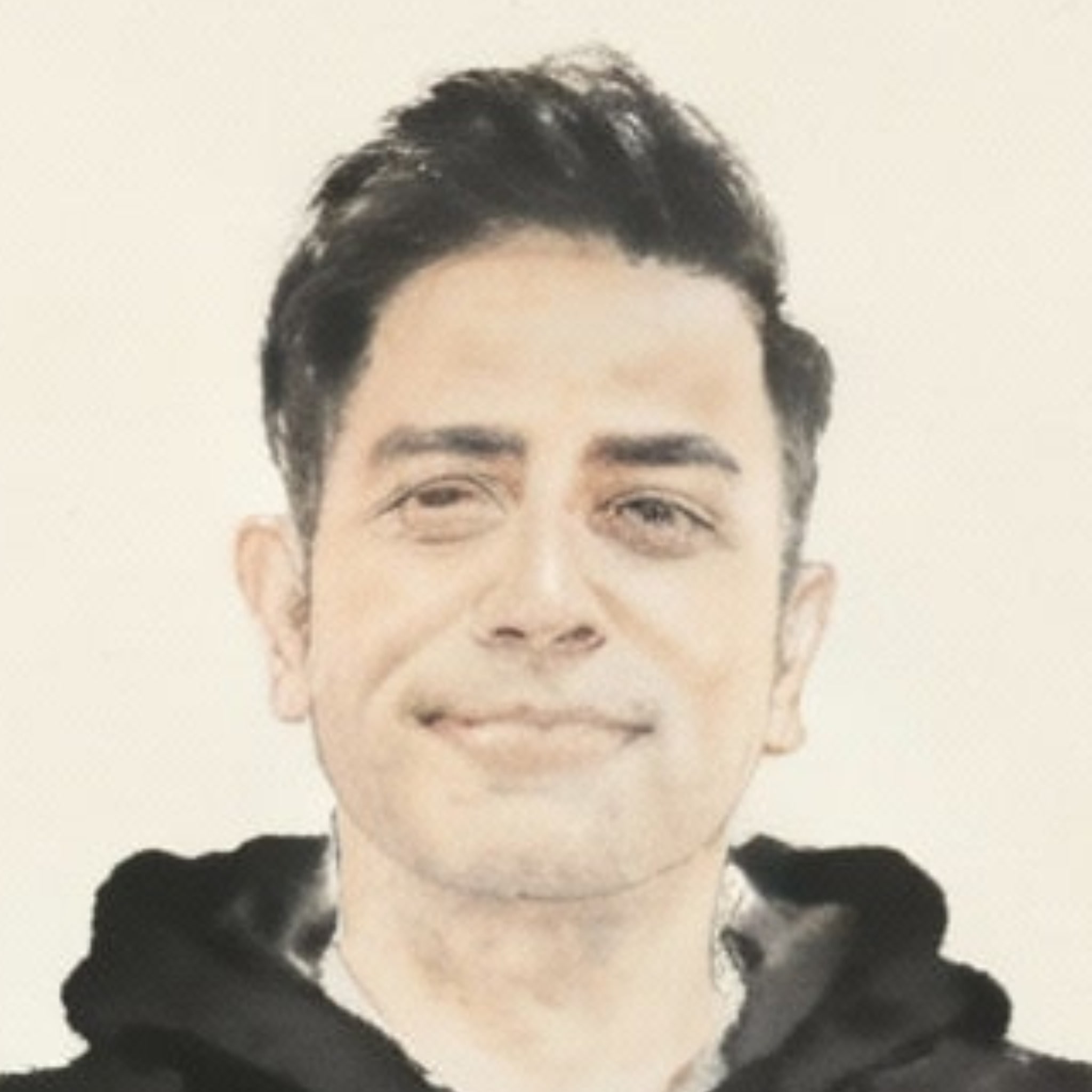 Reza Zad
Reza Zad
